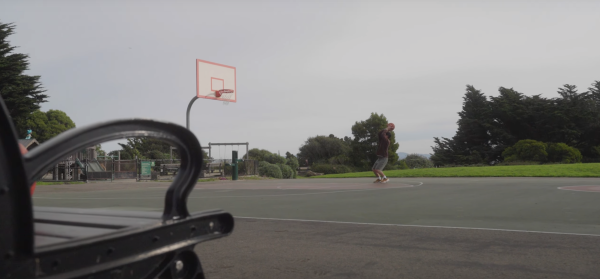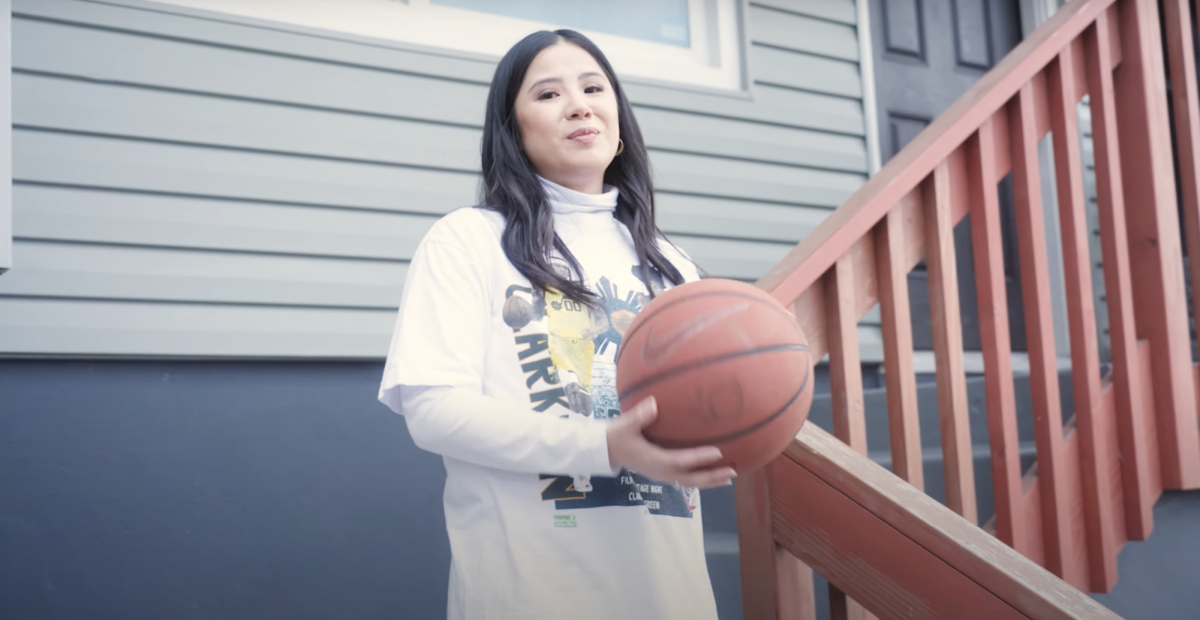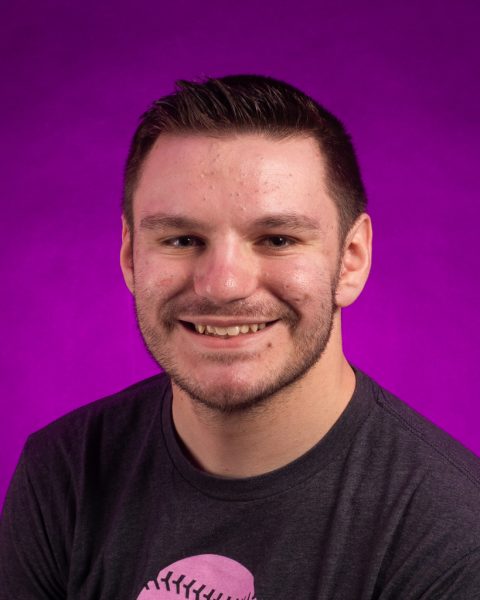In the hoop world, basketball takes the crown as the top pick in the Philippines and among Filipino Americans worldwide. A clutch 63% of survey respondents in the Philippines were full-court pressed as NBA aficionados in 2021.
The cultural connection with the sport is set to come to the forefront in an upcoming film called “Bola at Buhay/ Ball and Life,” a San Francisco-based project featuring a cast and crew of predominantly first and second-generation Filipino Americans.
The film follows Jun, a young Filipino nurse who recently moved to the Bay Area for a fresh beginning. As he struggles to find his sense of belonging in a new culture and country, Jun uses a basketball tournament to help navigate the process.
“What I really wanted to touch on in this film is just the very human need for connection and belonging,” said Ashley Romero, the writer, editor and executive producer of the film. “Although this film is being told through the Filipino immigrant experience, it’s very universal — whether you’re starting over, whether you’re moving from one country to another, or you’re going to a new school, or you’re starting a new job. These are feelings that really everybody goes through.”
Romero, who was born in the Philippines and has lived in the Bay Area for the last three decades, started writing the script for the film about a year ago, but first conceived the idea in 2016. She says the script and film are loosely based on personal experiences.
During her youthful summers, Romero would jet off to the Philippines, diving into swimming adventures and reluctantly munching on Buko pie, despite not being a fan of coconut. These escapades were shared with her grandfather, Eddie Romero, a distinguished film director in the Philippines.
Her family’s connection to the entertainment industry didn’t stop there. Romero’s grandmother was Mila del Sol, an iconic Filipina actress known for her film work spanning several decades. Despite the assumed pressure associated with a significant amount of family recognition, Romero says she was unaware of her grandparents’ success and status in the Philippines— they were simply Grandma and Grandpa.
“Now that I’m making this film, everybody in my family is like, ‘Oh, that makes sense. Of course, you’re doing that,’ Romero said. “And I’m like, ‘Oh, yeah, I guess it does make sense.’ But really, it was just a natural progression. It wasn’t anything that they had forced me to do, although being creative was always encouraged in my family.”
Prior to settling permanently in the Bay Area, Romero’s formative years were spent alongside her cousins in a big Los Angeles house. At 36, she keeps the bond alive through a group chat — a testament to the close-knit family dynamic that shaped her upbringing.
“That house was chaotic, super chaotic — so many kids, but so much fun,” Romero said. “We would come home after school, and there’d be, like, 10 of us there. And we’re all just playing and jumping off the stairs. The backyard was a mess. It was so insane.”
At 20, Romero attended a university in the Philippines, expecting to fit right in as a Filipino-American.
The transition wasn’t smooth.
It was a culture shock.
“I remember moving out there and thinking to myself, ‘Oh, this is gonna be so great, I’m gonna fit in perfectly — like, I’m Filipino. There’s gonna be no problem with me just fitting in and finding a new friend group, new family,’” Romero said. “I’ve been wrong in my life. But I’ve never been more wrong than I was at that moment.”

As a Warriors fan and former youth basketball player, Romero made a key observation during her experience studying abroad: the country’s love for basketball.
Gazing out her window, Romero often spotted players hooping on makeshift courts, sporting kicks that looked more like slippers than basketball shoes. Some completely ditched their sneakers, omitting them for a choice to play barefoot.
“Basketball is huge in the Philippines,” Romero said. “It’s our number one sport. But also for me personally, I’m a basketball person and I’m a huge Warriors fan. I played basketball growing up, so it was just something that was easier for me to write about.”
Jesse Suratos is a Filipino-American and current student at San Francisco State University, whose experiences with lacking Filipino representation in media shaped their childhood.
“As a kid, and even now, I would sort of headcanon that certain characters were Filipino just because there are none of us out there,” Suratos said.
Suratos notes that Filipino representation in the movies they’ve observed often relegates actors to minor roles, typically portraying low-level, background characters often devoid of significance.
“Very often, we are service workers,” Suratos said. “The media likes to portray Filipinos — and just very often brown people — as service roles and submissive to anybody higher up on a hierarchy.”
Arlene Daus-Magbual — an assistant professor in Asian American studies in the College of Ethnic Studies at SFSU — has noticed an uptick in Filipino representation over the past few decades.
“It’s funny because I was talking to my kids, and I was like, ‘Man, you got hella T.V. with hella Asian Americans on there,’ Daus-Magbual said. “ Like, I didn’t see any of that in the ’80s and ’90s.”
Daus-Magbual further emphasizes the importance of Filipino representation — not just in the entertainment industry, but also in positions of leadership, such as writers and CEOs. She believes it’s crucial to take this initiative one step further and envisions the emergence of Filipino media production companies, empowering the community to create its own films.
“Representation is great, but representation isn’t everything,” Daus-Magbual said. “And I also think that representation needs to go beyond just someone that looks like me. I think the stories that are being told should come from the people that are being represented.”
A Seed and Spark fundraising campaign brought in over $25,000 to cover the cost of the cast, crew and post-production necessities for Romero’s film. All camera equipment for the film was donated by Creative West, a local production studio.
The project is slated for filming primarily in May, with Daly City, Pacifica and San Francisco serving as key filming locations.
“This is a story for all of us,” Romero said. “Everyone has been through this at some point in their lives. This is really just an exploration of the human experience and I think that it’s something that everyone can relate to.”








